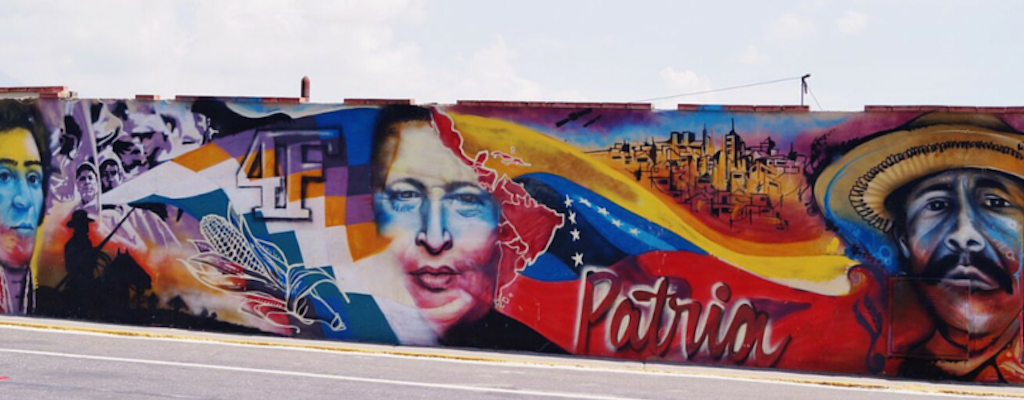
CERLAC is Canada's oldest and largest LAC research centre. Our current mandate is hemispheric, grounded in deep engagement with the LAC region and those identified with it, but emphasizing in transnational processes, ties to local LAC communities, and thematic collaboration with scholars working outside LAC alongside traditional area studies.
As an organized research unit, CERLAC offers LAC scholars in departments and units across York an important cross-cutting axis of intellectual engagement. Our mandate encompasses 1) pursuing and supporting timely, excellent, and socially engaged research on the LAC region; 2) providing an advanced interdisciplinary education on the LAC region for York University students; 3) sharing knowledge grounded in rigorous scholarship on the region with Canadian and international academic, governmental, and non-governmental organizations as well as community partners; 4) creating pathways between the university and other constituencies.
CERLAC fosters research intensification at York University by providing support services for fellows' projects and collaborations, training new generations of regional scholars, mobilizing knowledge to media, policy-makers, and broader communities, and programming events and other opportunities for scholarly exchange.
Over nearly four decades, CERLAC Fellows have published critically lauded works in a broad range of disciplines, from economics to fine arts. Our major conferences and lecture series have informed the Canadian public about the critical issues facing Latin America and the Caribbean. With our institution-building projects in the region, we have also forged a remarkable breadth of linkages with universities, research centres, and non-governmental organizations that provide opportunities for York faculty and student research and bolster York's reputation for research excellence throughout the hemisphere.
Recently, CERLAC has also increased its focus on Latin American and Caribbean communities closer to home.
Thematic clusters
As a community of communities, CERLAC welcomes research and researchers representing all the thematic, geographic, and disciplinary diversity of contemporary LAC scholarship. During its 2015-2020 charter, CERLAC especially seeks to advance collaboration in the following four areas:
